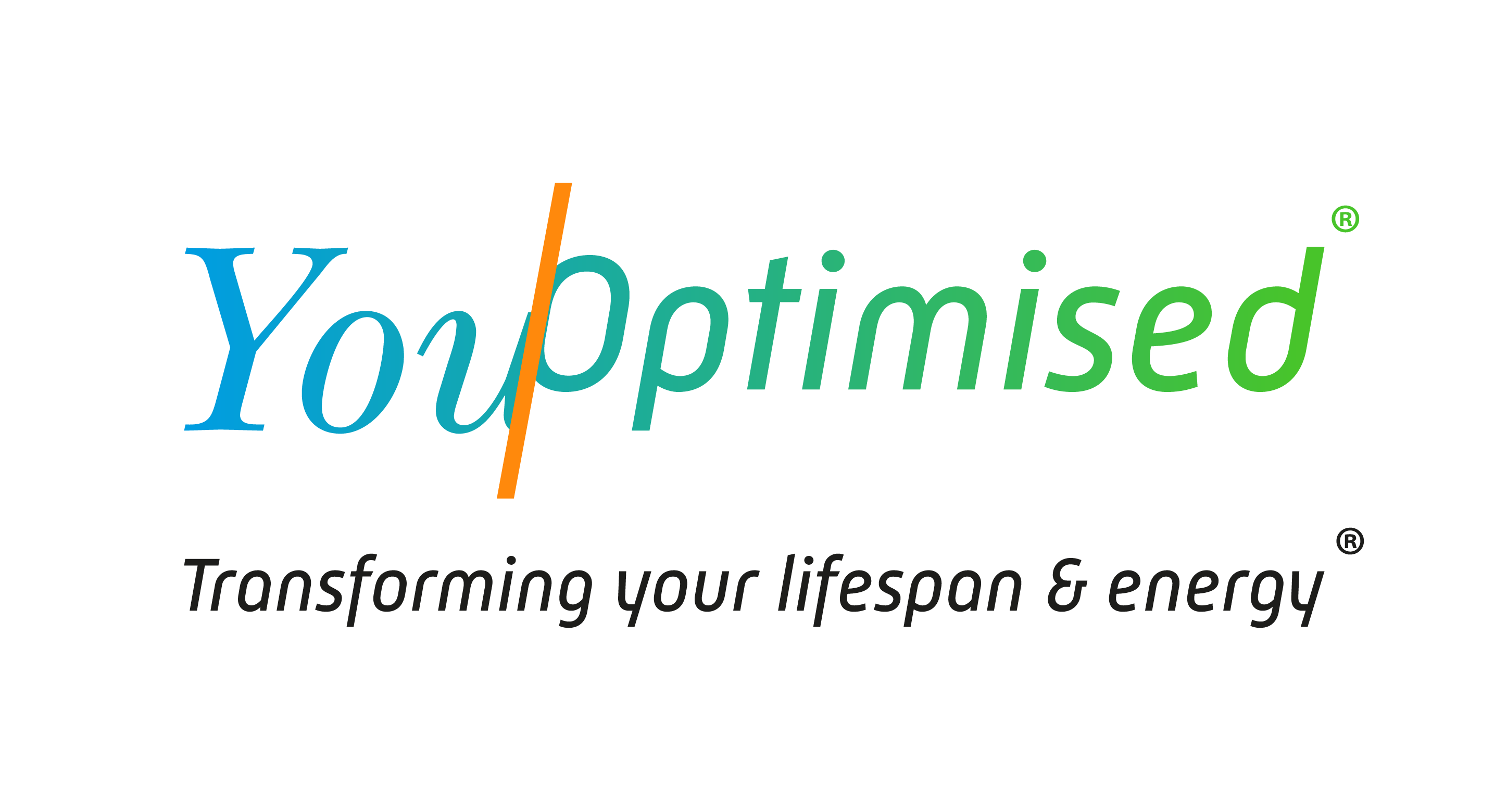In the fast-paced business world, employees’ health and well-being are paramount. When faced with health crises, particularly work-related disorders like Work-Related Musculoskeletal Disorders (WMSDs), businesses and workers navigate a complex labyrinth of healthcare provisions, recovery options, and work capacity management. This intricate journey can often hinder timely recovery and return to work. In this article, we explore the importance of advocacy in guiding individuals and businesses through this healthcare minefield and highlight the significance of proactive health strategies in fostering a resilient workforce.
The Necessity for Advocacy
Advocacy in Healthcare: One of the primary challenges in healthcare is the need for advocacy. Engaging an advocate or a liaison who can skilfully navigate the intricacies of care pathways and recovery plans becomes indispensable. Their expertise expedites recovery and ensures that health outcomes align with the individuals’ and businesses’ needs.
Streamlined Access: These advocates or navigational assistants are pivotal in facilitating access to necessary health services. They act as a bridge between healthcare providers, businesses, and affected workers, ensuring a cohesive and supportive approach to recovery.
Personalised Guidance: Each health crisis is unique, and personalised guidance is crucial. Advocates tailor care and rehabilitation plans to individual needs, ensuring that the journey towards recovery is as smooth and effective as possible.
Tailored Assistance for Timely Recovery
Holistic Approach: To navigate the healthcare minefield effectively, adopting a holistic approach is essential. This approach involves addressing the immediate health concerns and considering the long-term impact on work capacity and overall well-being.
Coordination and Collaboration: Advocates excel in coordinating care efforts and bringing together healthcare professionals, businesses, and affected workers. This collaboration ensures everyone is on the same page, working towards a common goal of swift recovery.
Reducing Administrative Burden: In health crises, administrative tasks can be overwhelming. Advocates step in to handle paperwork, appointment scheduling, and communication, allowing individuals and businesses to focus on the path to recovery.
Elevating Health Proactivity in Business
Productivity and Well-being: Businesses must recognise the direct impact of disabilities and health conditions on productivity and workforce well-being. To stay competitive, it’s imperative to establish a forward-thinking, proactive stance towards health.
Crafting a Health and Well-being Plan: Businesses can prepare comprehensive health and well-being plans with healthcare professionals and well-being experts. These plans encompass preventative strategies, timely interventions, and supportive recovery mechanisms.
Creating a Health-Conscious Culture: Building a workplace culture that promotes proactive health awareness is a game-changer. Encouraging employees to engage in health-preserving behaviours and activities benefits individuals and bolsters the company’s overall health.
Inclusivity Matters: A successful health and well-being plan must be inclusive. It should cater to the workforce’s diverse needs, ensuring all employees can participate and reap the benefits. This inclusivity significantly reduces the prevalence and impact of health-related work absences.
Conclusion: The Synergy of Advocacy and Proactivity
The synergy between skilled health and recovery advocacy and a robust, proactive health and well-being plan holds the key to efficiently managing health conditions in the workplace. This powerful combination provides a safety net during health crises and actively works towards preventing them through a health-conscious work culture.
By uniting individuals, businesses, healthcare providers, and policymakers, we pave the way towards a healthier, more productive, and economically stable future. Our understanding, empathy, and strategic approach to handling the multifaceted impact of work-related health conditions will define the sustainability and vitality of our workforce and, by extension, our society and economy.
In conclusion, as we navigate the healthcare minefield, let us remember that advocacy and proactivity are not just buzzwords but essential tools for a thriving and resilient workforce.

